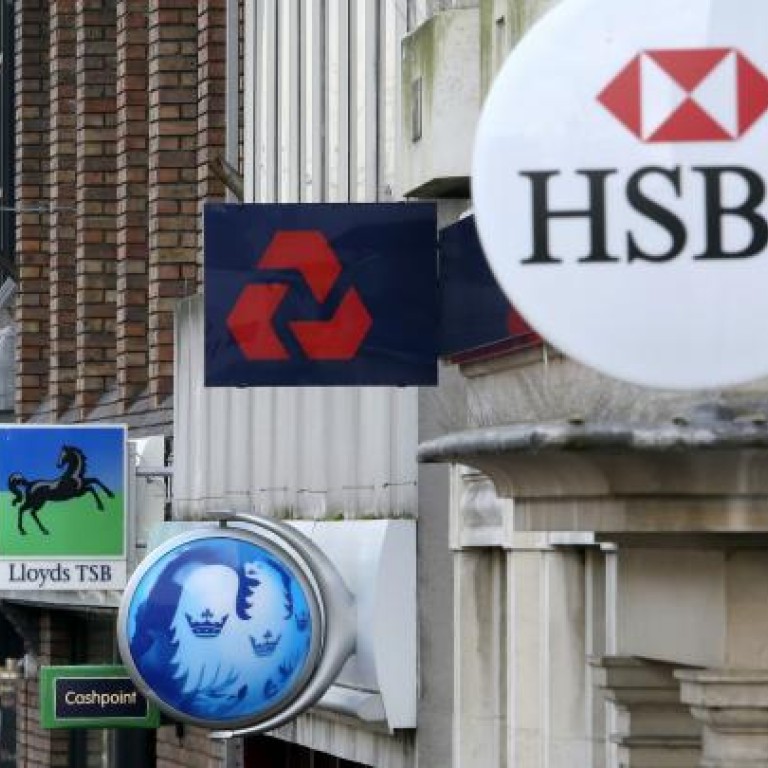
Beware of bankers under the influence of bonuses
Deposit insurance undermines prudent lending and encourages recklessness with your money
Imagine being in a car with a driver who differs from other drivers in two crucial ways.
The first is that he is paid based on how fast he drives. For every 10km/h over the speed limit he doubles his wages.
The second is that he has a special escape mechanism at his fingertips. Should he be in imminent danger of a serious crash, he can push the I'm-outta-here button on his steering wheel. Instantly the roof will slide open, his ejector seat will rocket him into the air and he will parachute safely down to earth, leaving you in the backseat to face the consequences of his reckless driving.
Question: How long would it take you to tell this driver that he might wish to seek employment elsewhere?
And, if you provide the obvious answer to this question, here is another: Why haven't you come to the same conclusion about your bank?
At one time you yourself were the safeguard of your deposits. You didn't put money with the Piquepochet Banking Corporation for the very good reason that you knew you might lose it.
But then regulatory authorities took the view that thieves did not normally advertise themselves as thieves and you might not know what banks you could trust. They therefore came up with the concept of deposit insurance. If your bank fails your deposits will be safe. The insurance will cover what the bank cannot repay. It's a grand concept and we shall forget that, however wide you build the exit from a stadium, it is never wide enough for a stampede. Bank crisis is almost always systemic crisis and deposit insurance covers deposit risk magnificently except, unfortunately, at times of systemic crisis.
But you don't bother yourself with this when you place your deposits. As far as you are concerned, one bank is as good as another if deposit insurance makes your deposit equally risk-free in any of them. You therefore choose the bank that pays you the highest deposit interest rate. Many a banker is quite happy to offer it to you. It might push him to accept riskier business on the other side of his balance sheet but you are not going to withdraw your deposits if he does. You are covered by deposit insurance.
And when deposit insurance has undermined prudence as a virtue in this way, bankers are free - in fact are encouraged - to make their money from performance bonuses rather than salary. They like the idea. The faster they go, the more they are paid.
They particularly like it because, when the banking crisis comes, as it inevitably will when commercial banking is run this way, they can jump out with full payment of bonus up to the minute they leave. Their contracts say so.
They may not do as well in their next jobs - although sometimes they do even better - but they have mostly made their fortunes anyway. So who cares? The ripcord has been pulled and the parachute is wafting slowly down to earth - too bad about the backseat passengers.
Confronted with this lamentable trend, regulatory authorities can think of only one remedy. It is to post even more signs along the roadway telling drivers to beware of reckless driving.
This is in effect all that the Bank for International Settlements has done with its latest edicts on how banks should run themselves.
It has become a forest of road signs now, 509 pages worth in the latest Basel III set of rules, with fancy mathematical equations to determine what counts as capital and what doesn't (and to provide employment for regulators).
But what does it matter that some people think these new rules have been watered down from what they might have been? They were already utterly diluted when the best protection possible, your own self-interest, was removed from the only equation that counts here.
You would never tolerate a car driver as reckless as the banker with whom you are happy to take a backseat ride.

